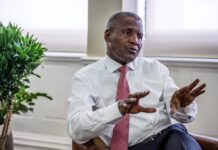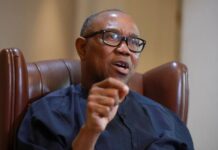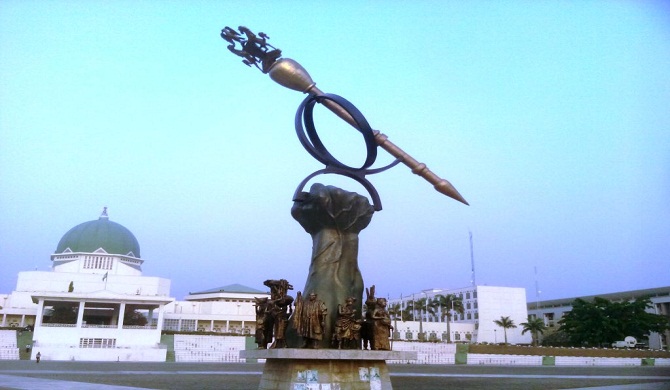Socio-Economic Rights and Accountability Project, (SERAP) has written President Muhammadu Buhari urging him to direct investigation into allegations that N17 billion was paid to the National assembly to cover “election expenses” of lawmakers in order to pass the 2015 budget.
It also wants prosecution of any indicted individual, it said in an open letter to the president.
The organization also urged the president to “instruct the Attorney General and/or appropriate anti-corruption agencies to publish the report of any such investigation including the names of anyone that may have benefited from the public funds, and to ensure the recovery of proceeds of corruption.”
The organization said it would “institute legal proceedings to compel your government to act in the public interest if these steps are not taken within 14 days of the receipt and/or publication of this letter.”
Former finance minister under president Goodluck Jonathan government Ngozi Okonjo-Iweala had alleged on page 80 of her book titled Fighting corruption is dangerous, that “N17 billion was forced into the budget for election expenses of members of the National Assembly with the agreement of its leadership. The funds became the price to pay to have the 2015 budget passed.”
But in the letter dated 1 June 2018 and signed by SERAP deputy director Timothy Adewale the organization said, “The illicit or improper nature of the election expenses is buttressed by the fact that the election of any lawmaker is a ‘benefit’ to him/her and not a matter of public interest or legitimate public spending, and implicitly amount to an abuse of legislative powers for private gain.”
The organisation said: “Allowing lawmakers to enjoy illicit benefits is an arbitrary or unjust exercise of executive functions. Facilitating N17 billion as election expenses has undercut access of millions of Nigerians to public services, as the funds could have been legitimately spent on services such as health, education, electricity supply or public transportation that those with few resources are dependent upon.”























